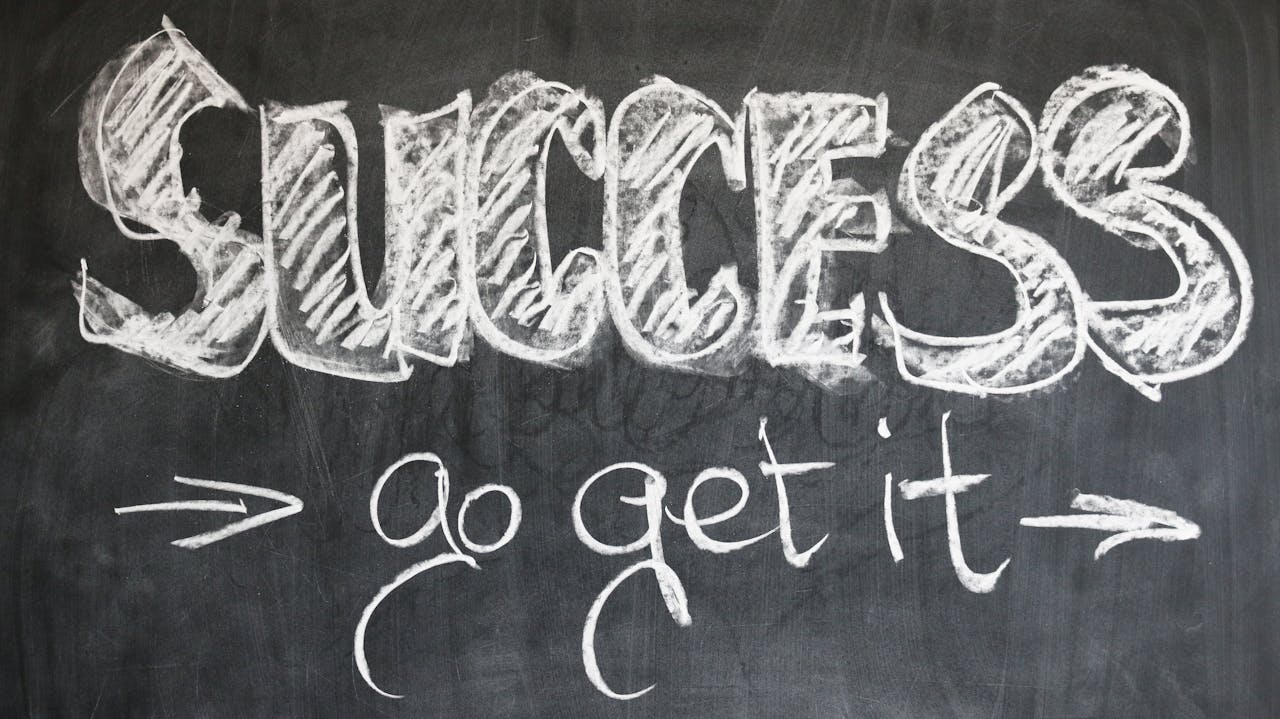

Time Management Best Practices are key to greater productivity. “Don’t say you don’t have enough time. You have exactly the same number of hours per day that were given to Helen Keller, Pasteur, Michaelangelo, Mother Teresa, Leonardo da Vinci, Thomas Jefferson, and Albert Einstein.” – H. Jackson Brown Jr.
Time management can be a daily struggle. But, as the quote above perfectly points out, you still have the same amount of time that the most successful people in the world have. So, what’s the difference?
It comes down to the fact that they’re aware of the following 15 time management best practices for greater productivity.
1. Keep a time log.
“If you want to spend your time better, the first step is figuring out exactly how you spend it now. While recording a day or two is helpful, I recommend keeping track of your time for a week to get the best picture of life,” suggests says Laura Vanderkam, author of “I Know How She Does It: How Successful Women Make The Most of Their Time”
“A week is the cycle of life as people actually live it (what’s a normal day for you? Tuesday or Saturday? They both occur just as often and have the same number of hours, but looking at each of them individually would give a very different picture of life).”
2. Set goals.
Obviously, you can not literally manage time — no matter how amazing your are. You can, however, manage how you use your time. And, how you use your time, should always be guided by effective goal-setting.
In fact, one of the most essential time management skills you can possess is the ability to use time so that it best serves your goals.
So, the next time you question how to spend you time more wisely, focus on the actions that can help you achieve your goals.
3. Complete the most important task first.
Many would argue that this is key when it comes to time management. And, it’s a fairly easy task to so.
Each morning start your day by identifying the two or three tasks that are the most crucial for your to complete. After that, do those tasks before anything else.
Here’s the kicker. Not only did you get those important out of the way, you’ve already had a successful day. This means that you can use that momentum to finish less important tasks.
4. Schedule your time.
“Scheduling your time reduces stress and releases energy,” writes motivational speaker and author Brian Tracy.
“The very act of using your organizational skills to plan your day, week, and month gives you a greater feeling of control and will help increase productivity throughout your day. You’ll feel in charge of your life. It actually increases your self-esteem and improves your sense of personal power.”
5. Use the 6-12-6 rule.
Kathryn McKinnon, time management expert at McKinnon & Company and author of “Triple Your Time Today! 10 Proven Time Management Strategies to Create & Save More Time,” developed a solution to handle the rabbit hole of email correspondence. Block out specific time to check communications instead of doing so throughout the day.
McKinnon calls this the 6-12-6 rule where check your email for 20 minutes at 6 am, 12 pm, and again at 6 pm.
“I want to highlight a client of mine: He was so bogged down with email that he couldn’t get his best work done. He was spending 4-5 hours a day on email, which was a lot of time. We did an analysis and discovered that 60% of the email he was working on weren’t even related to his priorities or his true work,” says McKinnon.
“So, I taught him my email system to help him with email and accomplish his most important work, so he could work on email, but not all day long. I had him scan his email early in the morning (six o’clock), at lunchtime (noon) and then again at the end of the day (six o’clock p.m.). He scheduled time to work on email, but not all day long.”
McKinnon adds, that the client “went through his email and picked out the ones related to his highest priorities; the other email he had someone else handle, filed or pushed off to another scheduled time or day. So, I recommend you designate time to work on email. You also need to delete non-essential email, don’t respond to every email, unsubscribe from unessential news and categorize or file your email to access work easily.”
“As a result, [my client] saved 10 hours per week just by reorganizing his time. We didn’t reinvent the wheel; we just tweaked his system so that it was more efficient for him.
6. Sleep hygiene.
There’s a misconception that sleep is counterproductive to productivity. After all, instead of sleeping couldn’t that time be spent on something else?
The reality is that when we’re sleep deprived, we become less productive. We need a 7 to 8 hours of quality to help our minds and bodies recharge so that they can function optimally. And, that’s when sleep hygiene comes into play.
“Sleep hygiene describes the practice of having very similar routines every single night and morning, in order to teach our bodies to fall asleep faster, sleep more soundly, and arise refreshed” writes William Lipovsky on Due.
This means going to bed the same time every night and waking-up at the same time. It also involves imposing a “digital shut down” before bed and fining a nighttime activity that helps you relax.
7. Prioritize.
Due’s Miranda Marquit suggests, that “if you want to focus on productivity, it’s important to prioritize. Take a look at your schedule and your business plan. What needs to be done today? What are the tasks that are important to accomplish in the coming week?”
“Don’t let yourself get sidetracked by other items that seem to pop up out of nowhere. I constantly have to remind myself that a non-urgent text or Facebook message doesn’t have to be answered immediately. I can wait until later.”
“Pay attention to the priorities and stay focused on those items as you move forward. Also, let your employees know what the priorities are, and reward them for sticking to the priorities. That way, you are more likely to succeed in the long run with overall productivity.”
8. Learn to say “no.”
There are times when making lots of time commitments can be beneficial. For one, it can help us learn how to handle various engagements at-one. It also teaches us how to manage our time and it keeps us busy so that we’re not wasting time.
However, making too many time commitments can also backfire. This is because it spreads your time too thin so that you won’t be able to focus on the most important things for you. Eventually, you’re going to have to start saying “no.”
Remember, you should only take on commitments that you know that you have time for and that are important to you.
9. Take breaks.
“We only have 90-minute attention spans,” says Washington Post reporter and author Brigid Schulte of “Overwhelmed: Work, Love and Play When No One Has the Time.” “The brain can concentrate on anything if it knows a break is coming soon. Choose your most important task and do it first when your willpower is strongest and your mind freshest, then plan to devote your attention in 30-, 45-, or 90-minute ‘pulses.’ Then take a break.”
Schulte adds that even insights are more likely to appear when taking a break. So, don’t think of that time you use when going for a walk or daydreaming as goofing off. It can also be time well spent.
10. Develop emotional intelligence.
Emotional intelligence can be defined as, “the ability to identify and manage your own emotions and the emotions of others.” As such, EI can be used in problem solving or help you calm down when you’re worked-up.
Those with a EI possess qualities like not being a perfectionist, knowing how to balance life and work, and staying focused. They’re also self-motivated, are aware of their strengths and weaknesses, and can set boundaries.
In other words, having a high EI can give your productivity a boost since it assists you in completing tasks and achieving goals.
11. Leave a buffer-time between tasks.
Rushing from task to task makes it difficult to to stay focused and motivated. That’s because this doesn’t allow for any down time to take a minute and reflect and recharge.
By allowing ourselves down-time between tasks we’re providing a breath of fresh air for our brains. Whether if it’s sitting at your desk doing nothing, going for a short walk, meditating, or performing some other mind-clearing exercise, always give yourself a little bit time between tasks.
12. Delegate or outsource.
There will be times when you want, or need, to delegate certain work to others. Of course, that doesn’t mean passing off all of your important work to someone else. It means finding the right person to handle certain tasks that aren’t as important.
This is particularly true if the task is more suited to somebody else’s skill set. For example, if you aren’t not strong at math, then maybe delegate or outsource accounting tasks to someone who else. Just make sure that this person understands what’s exactly expected of them.
13. Don’t think of the totality of your to-do list.
Have you ever reviewed your to-do-list in the morning and felt completely overwhelmed? It’s obviously because your to-do-list is just a little to hefty. But, it’s also because you’re looking at the entire list – which isn’t going to get shorter until you start crossing items off.
Instead of looking at that list in totality, focus on the one task in front of you. This one, single, solitary task. After that, move on to the next.
Always remember; take one step at a time and breathe.
14. Wake-up early.
I wake-up at 5:15 on the dot. And, it’s not because I’m some crazy early riser. It’s because waking up that early makes me more productive.
In fact, research has found that early risers are more proactive and consistent. Waking-up first thing in the morning also allows me to exercise, review my calendar, catch-up on emails, and eat a healthy. As a result, I already feel calm, collected, and accomplished.
15. Use the right tools.
Want to know the secret to getting more stuff done? Find and use the right tools.
This doesn’t mean that you should overdo it by downloading every tool that promises to help with time management or productivity. It means finding the right tools for you.











Nina Gass
Nina Gass is a content writer with a diverse background who understands the struggles of small business owners, freelancers, and company founders. Her content delivers insightful and actionable advice to improve time management, productivity, and sanity despite wearing numerous hats and juggling multiple responsibilities in work and life.